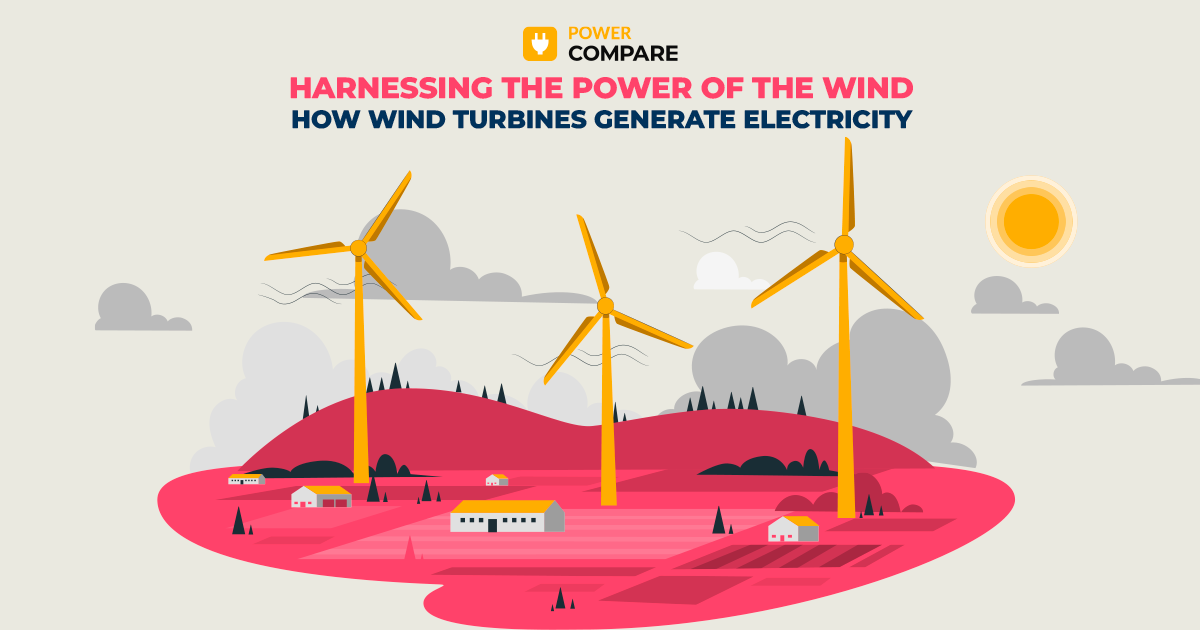Harnessing the Power of Wind: What is Wind Energy and How Does it Work?

In New Zealand, we harvest our energy from various sources. A lot of our energy comes from renewable sources, while some comes from non-renewable sources. These sources work together to generate electricity and power our homes, businesses and towns.
What is Renewable Energy?
Renewable energy is formed from the earth’s resources, and these materials are continually replenished. These resources can be harvested and used to generate electricity. Types of renewable energy include solar, wind, geothermal, and hydro power.
What is Non-Renewable Energy?
Non-renewable energy comes from materials and resources that will not be replenished for thousands of years. Fossil fuels are a common source of non-renewable energy, and there are several forms of it such as oil, gas and coal. Coal comes from the decomposition of natural material such as plants.
What is Wind Energy?
Wind energy is one of the most abundant renewable energy sources in New Zealand. We are lucky enough to live in a windy country, which makes us the perfect candidate for harvesting this constantly replenishing energy source!
Did you know that wind energy is actually a byproduct of the sun? That’s right! The sun doesn’t heat the earth’s surface evenly, and the earth doesn’t have an even surface too, with all the mountains and valleys. Uneven heat distribution and the spin of the earth form the wind. We can harness this moving energy using wind turbines to generate electricity.
How does Wind Energy Work?
When anything moves, scientists call this kinetic energy. Scientists use the kinetic energy of the wind to generate the power we use to charge our phones. We can create this wind energy by using turbines. Turbines are simply an evolution of traditional wind mills.
When the wind moves through the turbines, the blades spine. The blades of the turbine are connected to a rotor, and when this spins, it generates electricity.
There are a couple of different sizes of wind turbines. Smaller ones, when used individually, can create 1000 kilowatts of power which is enough to power a home! Whereas larger turbines can generate a range of 4.8 to 9.5 megawatts of power.
The electricity generated from these turbines is typically sent to an electricity grid, where it will be dispersed to suburbs across the country. Many turbines may also have battery systems nearby where the electricity can be stored for later use.
Now that you know where some of your electricity comes from, be sure to compare your power bill.
Power Compare makes it easy to compare your power bill. It is designed to help you compare different plans and providers available to you side-by-side so you can find the best deal possible and save money. Simply jump on the website, type in your address, and choose your filters based on your household, find one you like, and make the switch. Save money and smile more! Compare today so you can better understand your power bill, the market, make an informed decision, and save money!
Or call our friendly Auckland-based team on 0508 226672 for bias-free, obligation-free advice on your power bill.
Further Reading:

